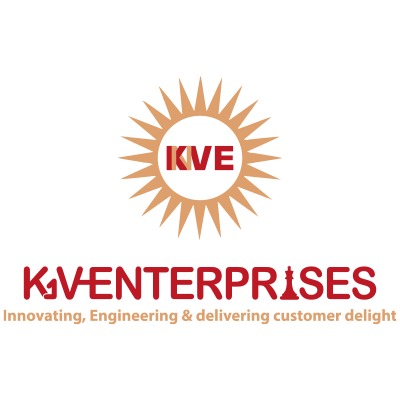KV-ENTERPRISES recommends patching all cracks prior to coating. Due to the fact that mortar joints/saw cuts are engineered for movement KV-ENTERPRISES does not recommend patching them prior to coating. KV-ENTERPRISES patch kits and caulk can be purchased online.
Simply remove sealers/waxes/contaminants/nails and use our flexible acrylic caulk to patch the seams and holes prior to coating. As long as the wood is clean and has a texture to it, the epoxy will adhere to it.
No. Using a gas torch burn the hairs from the floor prior to coating Coat the floor with the first coat of Epoxy-Coat, wait 24 hours and sand vigorously.
For ease or removal, remove tape between 2-3 hours after application at 70F.
You may add up to 5% thinner to the mix for ease of application using xylene or MEK thinner only
Generally 1, but 2 days at the most. (In most cases.)
Yes, contamination must be removed.
All concrete moves. Mortar joints/saw cuts are engineered to allow for the movement of concrete. Cracks are the cause of more movement than the mortar joints/saw cuts will allow for. The coating will crack when the concrete moves but shouldn’t peel away from the sound concrete around the crack.
If you mop the floor, it will be harder. If washed with a broom, squeegee or power scrubber, there is only a slight difference.
Yes, in approx. 5 years.
If the conditions present water or oil, it is recommended.
Generally, the flakes will outlast the coating.
They help with non-skid and help hide imperfections in the floor by adding a decorative look.
Yes, when water or oil is present. Aluminum oxide non-skid is recommended to reduce this condition if you have excessive water or oil.
Generally, Epoxy-Coat should be refreshed every 20 years.
Up to 500 square feet at 9.7 mils Dry Film Thickness. Up to 240 square feet for 20 mils Dry Film Thickness. Most industrial floors apply at 16-20 mils Dry Film.
Re-roll the floor until the fisheyes go away and prior to flaking/ non-skidding the floor.
Take a leaf blower and blow the top of the surface to remove the surface tension and removing the bubbles.
40-90 degrees F.
30 days.
Yes. New concrete must still have a rough profile and clean surface prior to coating.
Epoxy-Coat can be coated over existing paints/coatings by simply making sure the existing coatings are cleaned, sanded (80-100 grit) and bonding. All areas that are not bonding must be diamond ground.
Yes, if there is contamination it must be removed.
If your indoor floor, such as a basement concrete is in poor condition and needs to be prepped with a muriatic acid treatment, you will need a floor drain and ventilation. Muriatic acid does need to be rinsed down the drain and does produce some odors that must be ventilated.
Yes, Epoxy-Coat is safe and approved for indoor use. There are no VOC fumes.
You can purchase muriatic acid and re-etch the floor or diamond grind the surface.
We recommend using a safe paint stripper (home use). You can also use a power washer or handheld diamond grinder to remove this stripper.
It does help to power wash the floor to remove surface contaminants or loose coatings or debris. It does not eliminate the normal preparation steps, which we specify. Power washing removes contaminants but does not create the necessary profile for coatings proper adhesion.
Yes. You have to remove contaminants/latent and create a profile for the coating to properly bond. Shotblasting and/or Diamond Grinding is preferred for industrial, commercial and residential or institutional floors where the prep solution is ineffective.
Yes you can coat concrete, wood, tile or metal where direct UV exposure is not present.


